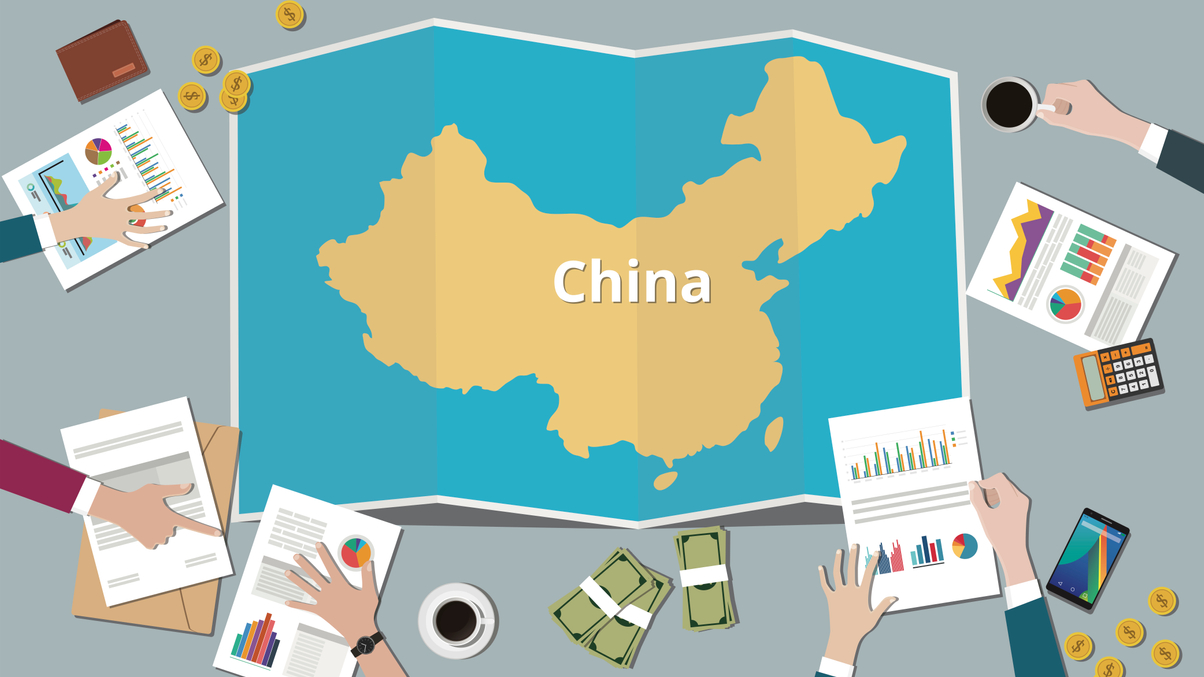Fund houses plot China growth plans after rules relaxed
With full ownership now on the table and various alternatives also open, foreign fund groups in China are weighing how to expand into a fast-changing market with lots of potential.

Foreign and domestic asset managers in China are weighing how best to respond to a recent rule change that allows offshore players to take full ownership of local fund operations.
Sign in to read on!
Registered users get 2 free articles in 30 days.
Subscribers have full unlimited access to AsianInvestor
Not signed up? New users get 2 free articles per month, plus a 7-day unlimited free trial.
¬ Haymarket Media Limited. All rights reserved.


